About Brief Strategic Family Therapy
The primary objective of this initiative is to empower and support families by utilizing evidence-based therapeutic approaches to address the challenges they face. By offering BSFT as a strategic preventative intervention, we aim to prevent child abuse and neglect, enhance family functioning, and promote healthier family dynamics. The therapy focuses on improving communication, resolving conflicts, strengthening relationships, and equipping families with the skills and resources necessary for long-term well-being.
Key Principles of BSFT in Child Welfare
Family Centered Approach Recognizing the importance of how the family unit plays a role in a child’s development and well-being, BSFT engages the entire family in the therapeutic process. This allows for challenger to be addressed collectively and promotes healthy interactions.
Strategic Interventions Targeting specific family dynamics and behaviors that contribute to child welfare concerns, BSFT interventions are designed to address the root cause of issues in an efficient and effective manner.
Brief and Punctual BSFT is a brief therapy model that aims to achieve positive outcomes in a short period of time by focusing on implementing practical solutions that improve family dynamics and support the child’s well-being.
Systemic Perspective Understanding that a complex interplay of factors perpetuates problems that often contribute to child welfare issues, BSFT views the family as a system. Operating from this perspective allows for patterns of interaction that perpetuate problems to be identified and addressed.
Cultural Sensitivity BSFT recognizes the significance of how cultural and contextual factors influence family dynamics. Interventions are therefore adapted to incorporate and respect the cultural background of family.
Benefits of Using BSFT
When used in child welfare settings, BSFT has shown promising results in improving family relationships, reducing behavioral issues in children, preventing out-of-home placements, and enhancing overall family functioning.
In the Child
Reduce behavior problems, while improving self-control
Reduce associations with antisocial peers.
Reduce substance use
Develop prosocial behaviors
In the Family
Improvements in maladaptive patterns of family interactions (family functioning).
Improvements in family communication, conflict resolution, and problem solving skills.
Improvements in family cohesiveness, collaboration, and child/family bonding.
Effective parenting, including successful management of children’s behavior and positive effect in the parent-child interactions.
Reduction in alcohol use in parents when compared to therapy as usual.


